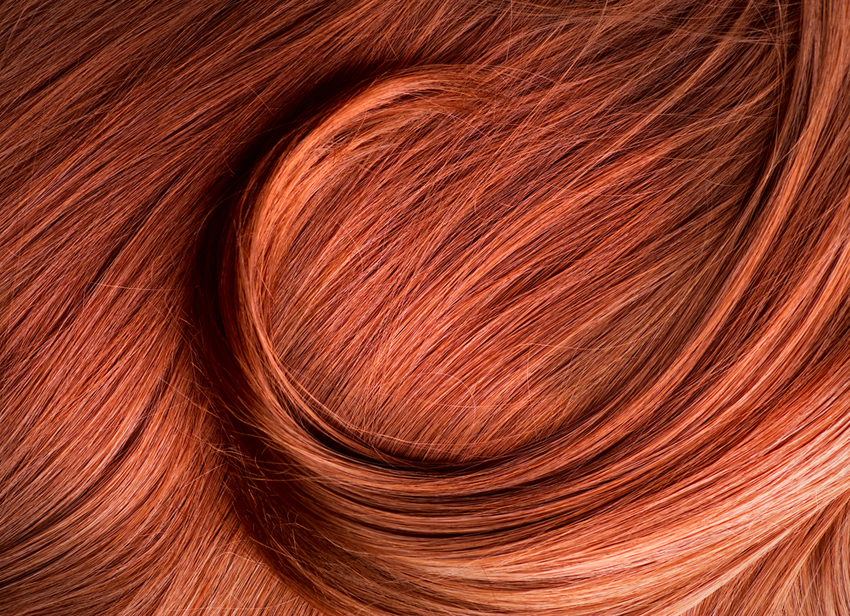Red Hair Pigment Linked to Skin Cancer Risk

Red hair photo via Shutterstock
In news that surprises no one, redheads are at an increased risk for skin cancer—but not just because of the pale skin that so often accompanies the unique shade. Research from Massachusetts General Hospital (MGH) says the pigment that makes hair red actually puts those who have it at an inherent risk for melanoma at the cellular level.
David Fisher, chief of dermatology at MGH, first exposed the link between red hair pigment (pheomelanin) and skin cancer last year, but Fisher and his team have now found the reason behind that connection. In a paper published Thursday in the journal BioEssays, Fisher and his team say that pheomelanin actually changes the DNA of skin cells, making them more vulnerable to skin cancers like melanoma even without excessive sun exposure. A US News & World Report article quotes Fisher:
“In the mouse studies, it was possible to completely remove UV and there was still a major incidence of melanoma that was attributable to the red pigment,” Fisher said.
Pheomelanin, the researchers say, damages skin cells because it leads to an uptick in the production of oxygen-containing molecules called ROS that have been shown to be dangerous to cells. Plus, synthesis of the pigment also depletes the body’s supplies of ROS-fighting antioxidants, further heightening the risk of skin cancer. And while this discovery is jarring, Fisher says in the article that it could also be a potential area of treatment in the future:
“We think a new prevention opportunity exists if we can block the form of reactive oxygen damage that the red pigment is producing,” Fisher said.
So while we’re sure redheads the world over (full disclosure: myself included) have had sun protection rules drilled into their heads repeatedly over the years, research like this proves it’s more important than ever—for people of all hair colors. Load up on sunscreen, reapply often, and stay in the shade whenever possible. And while you’re at it, why not invest in a new sun hat for summer? It’s for your health, after all.

The writer’s hair, aka the inspiration for this story.


